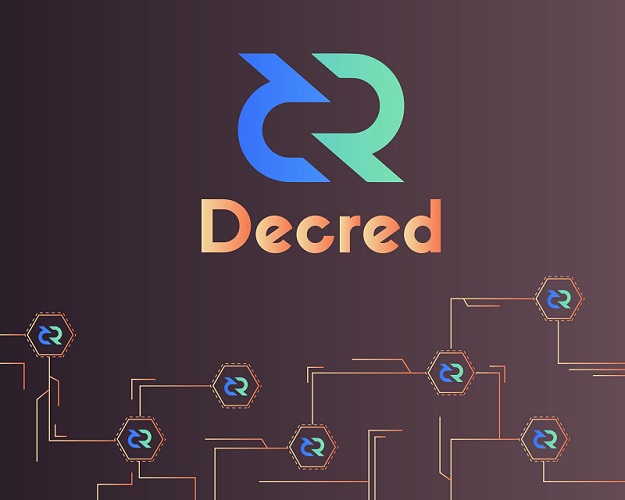Decred launches DCRDEX 0.6, the latest version of its decentralized exchange

The new decentralized exchange will offer peer-to-peer cross-chain swaps.
The DEX will not depend on any intermediaries.
The exchange combines privacy, resilience, and cross-chain compatibility.
Sovereignty and privacy maximizing currency Decred (DCR/USD) has today launched the latest version of its decentralized exchange.
The new version of decentralized exchange DCRDEX 0.6 will use a combination of privacy, resilience, and cross-chain compatibility to offer direct peer-to-peer cross-chain swaps without any kind of intermediaries, solving key problems around privacy and security. This makes it the first exchange to offer direct P2P swaps without using intermediaries.
New features introduced on DCRDEX 0.6
The most prominent new feature on DCRDEX 0.6 is the introduction of USDC and Ethereum. Users will have access to direct layer 1 atomic swaps without the need for an intermediary, utility token, or third-party arbitration.
When swapping from an asset like BTC, the funds are locked in a native contract of the user’s creation that is never spendable by a third party, only the swap participants.
In addition, the DEX offers P2P swaps between Ethereum and other layer 1 chains like Decred and Bitcoin among others without the use of centralized pools or crypto wallets.
All the features on DCRDEX 0.6 ensure users maintain full custody of their funds throughout the swapping process.
The new version of the exchange also introduces native wallets for Bitcoin Cash and Litecoin. Just like the Bitcoin and Decred wallets previously available on the exchange, the two newly added wallets are built on the privacy-preserving light wallet technology introduced by BIP157/158 and transact directly on P2P networks, providing a high level of privacy and security while keeping the system requirements and sync times reasonable.
The DCRDEX 0.6 also eliminates the previous one-time registration fee and replaced it with time-locked fidelity bonds. Instead of completely parting with some funds when registering, users will now lock up funds on-chain for a certain amount of time after which the bond expires and the user redeems it.















